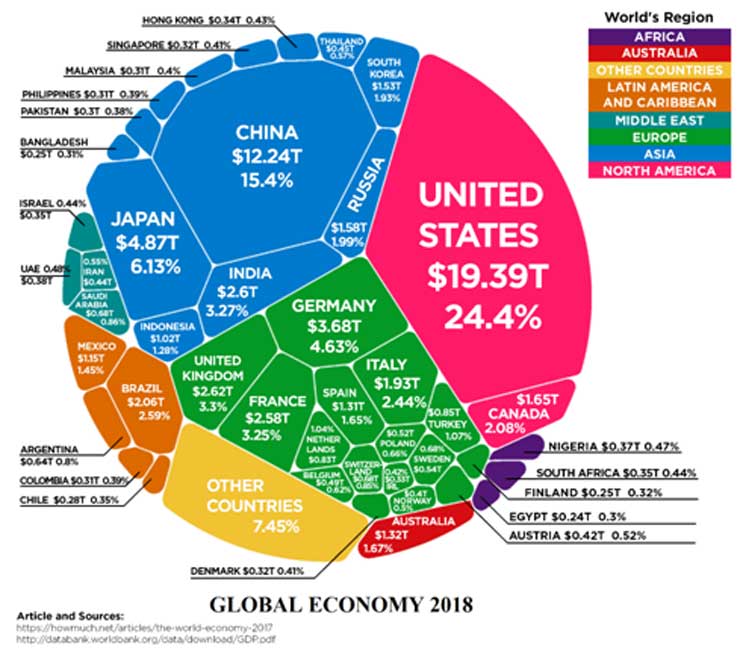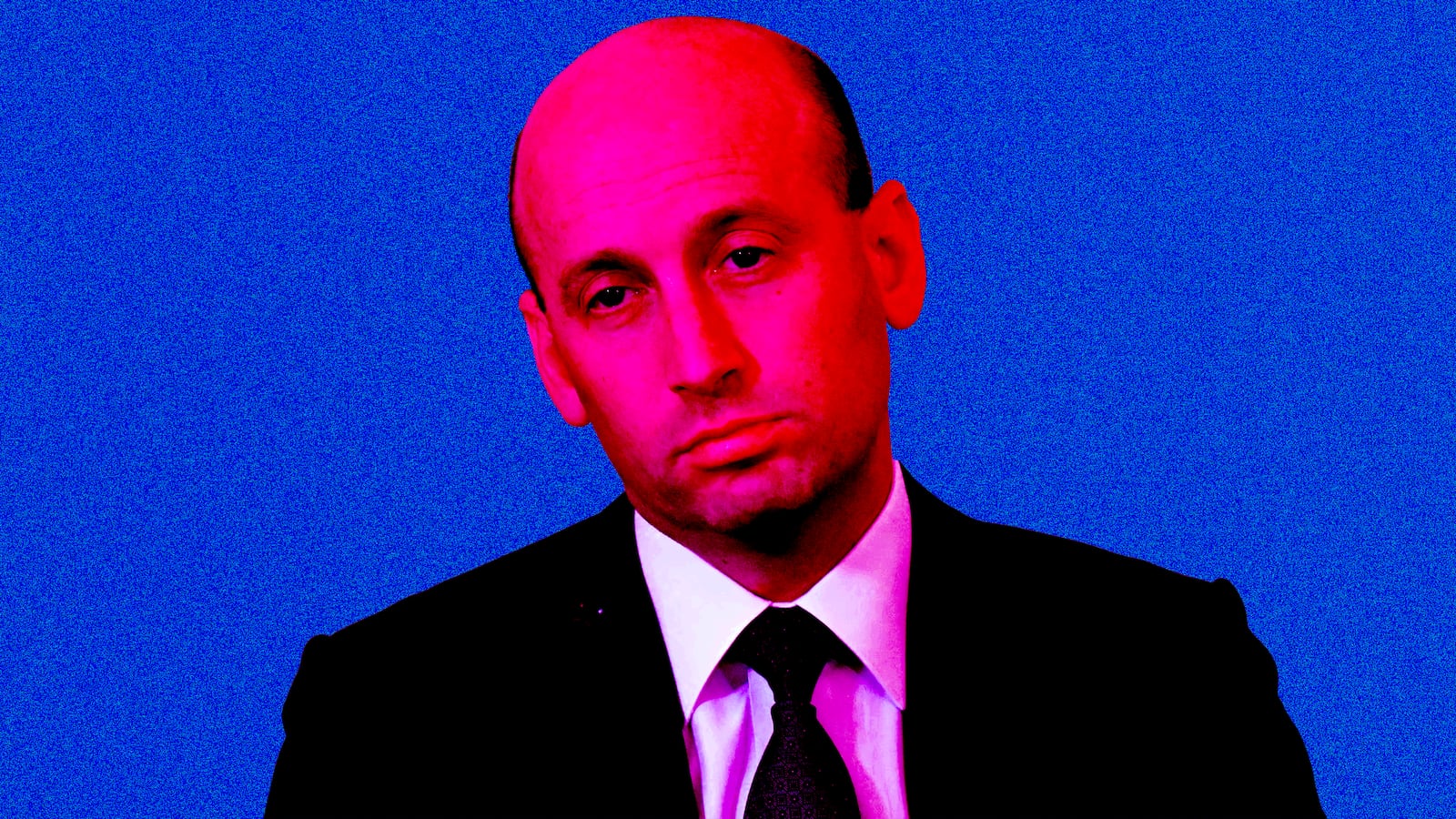/
Multipolar world order evolving globally, process irreversible — Putin

[Image © Mikhail Metzel/POOL/TASS]
MOSCOW, June 30. /TASS/. A multipolar world order is evolving globally now, Russian President Vladimir Putin said on Thursday.
"A multipolar system of international relations has been actively evolving. The process is irreversible, it has been unfolding in front of our eyes and it is objective in its nature," Putin said, addressing the 10th St. Petersburg International Legal Forum (SPBILF).
"The position of Russia and many other countries is that this democratic, more just world order should be built on the basis of mutual respect and trust, and, of course, on the generally accepted principles of international law and the UN Charter," he emphasized.
Putin’s video address "was recently recorded during his working trip to St. Petersburg," the Kremlin said on its website.
Putin lauded the in-person forum, saying that "even the most advanced communication technologies cannot replace a direct dialogue and face-to-face meetings".
RELATED
4 YEARS AGO:
Reassessing Realities of a Multi-Polar World Order
Multi-polarity has become prominent feature in the day to day vocabulary of diplomats, statesmen and policymakers. Former United States (US) Secretary of State, Hillary Clinton at her state visit to New Zealand was one of the first to observe “a shifting balance of power to a more multi-polar world as opposed to the Cold War model of a bipolar world”. The preceding United Nations (UN) Secretary-General, Ban Ki-moon stated at Stanford University in 2013 that we have begun to “move increasingly and irreversibly to a multi-polar world”. Russian Foreign Minister, Sergei Lavrov, declared at the Russia-China Conference 2016 that “international relations have entered into a conceptually new historical stage that consists in the emergence of a multi-polar world order and reflects the strengthening of new centers of economic development and power”.
These manifestations have since then revealed a general acceptance of the multi-polar notion as a concept that is unavoidable in the contemporary international dynamics. However, when it comes to the transitions and inevitability of the power structures, there is little agreement among the international states.

The former Secretary of State, choice of words “more multi-polar world” reflected a reluctance to acknowledge the complete disappearance of unipolarity. . .

[ ] Conclusion
The most original feature of the new configuration of power in the 21st century, is the fact that a non-Western power will assume after the many centuries, the leading position at helm of world economy. China’s economic growth is anticipated to translate into increased diplomatic influence and power. A resurgent Russia is also expected to wield considerable military might. European Union in the wake of Brexit, to survive needs a renewed sense of cohesion with Germany and France taking the lead role
Amid an unprecedented spike in global geopolitical risks, the world is becoming increasingly aware of the fact that the architecture that underpins the old world order is giving way to a new configuration of international relations and regional blocs.
> The countries of the Global South are establishing their own institutions, alliances of regional integration, and payment systems, with them turning into a crucial force in the transforming global economy.
> The largest developing markets, primarily the nations of BRICS, are among the leaders here. In March 2022, Deputy Minister for Foreign Affairs Sergey Ryabkov said that BRICS will form the foundation of a new world order, saying “I think that the BRICS states, totaling almost half of the world’s population and accounting for a large chunk of the global GDP, will be among the backbones of the new emerging world order.”
> However, for the BRICS states to become the foundation of a new world order, the bloc has to offer other countries in the world economy new paradigms of development on a global scale. Such areas in the new economic architecture may include relaunching globalization on a platform of new states and regions, establishing a new institutional system for modernizing nations engaged in the global economy, agreeing on a new reserve currency pool with currencies of developing countries, creating a global development track as an alternative to the one promoted by the West, and forming new regional blocs and platforms to coordinate and develop those blocs.


No comments:
Post a Comment